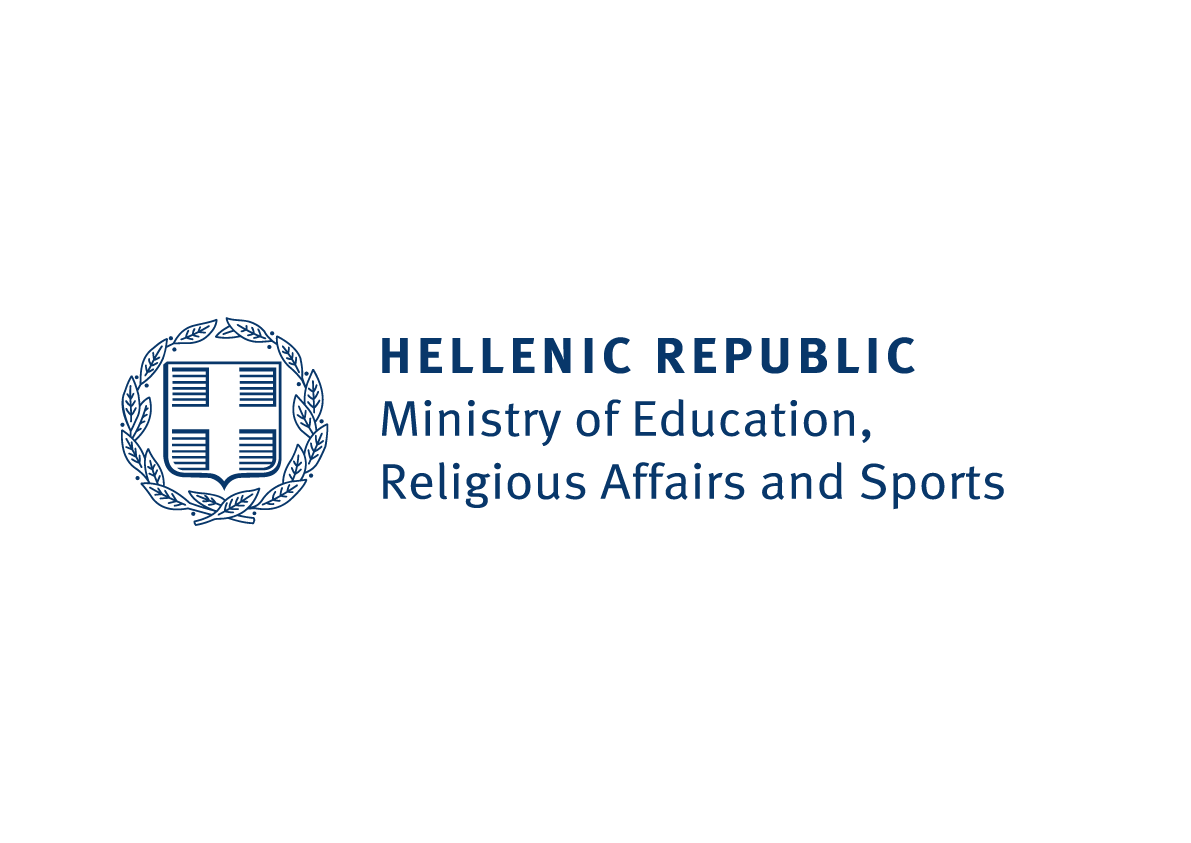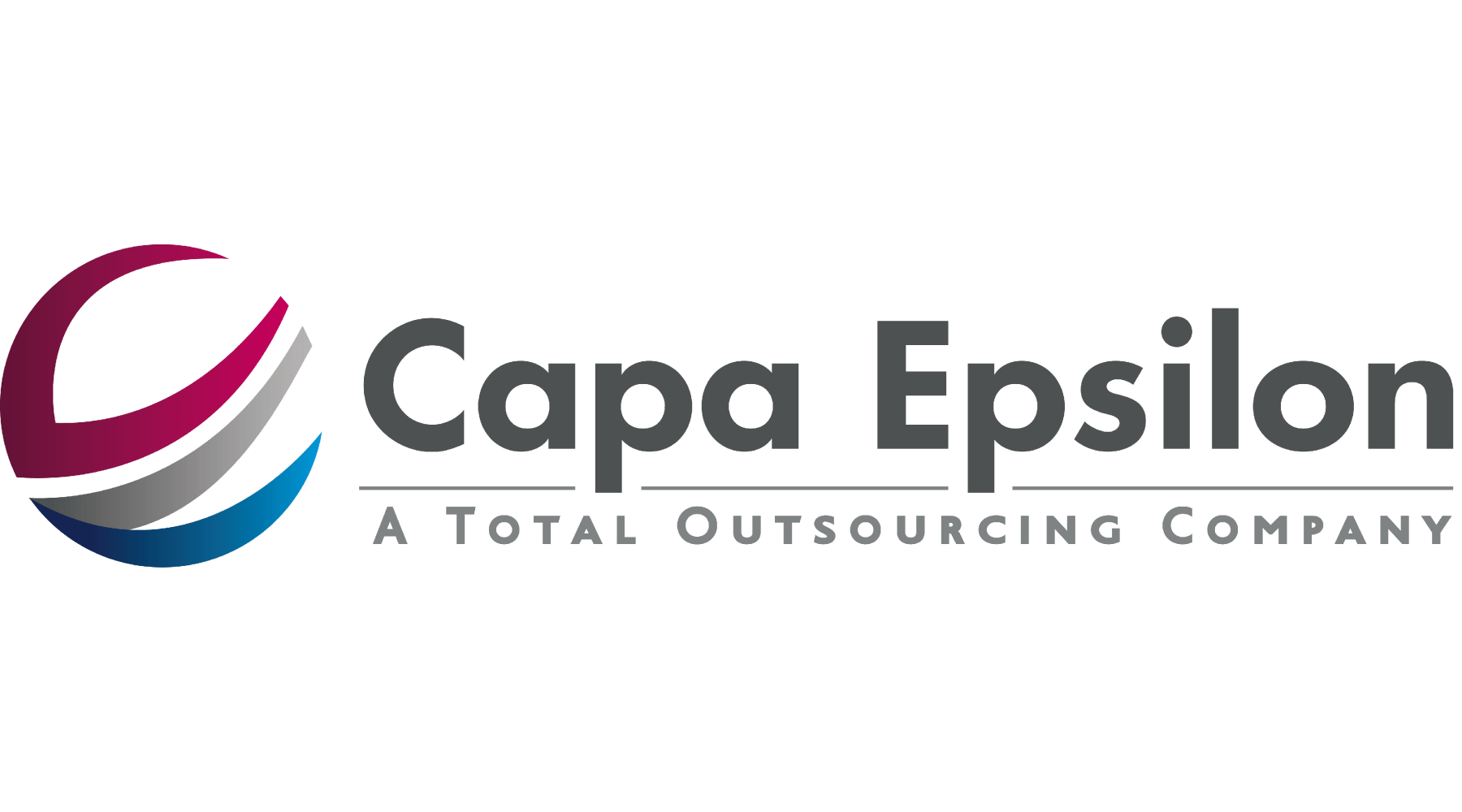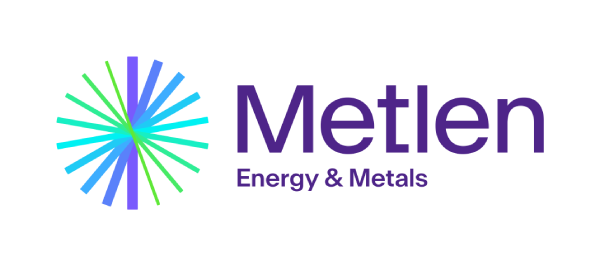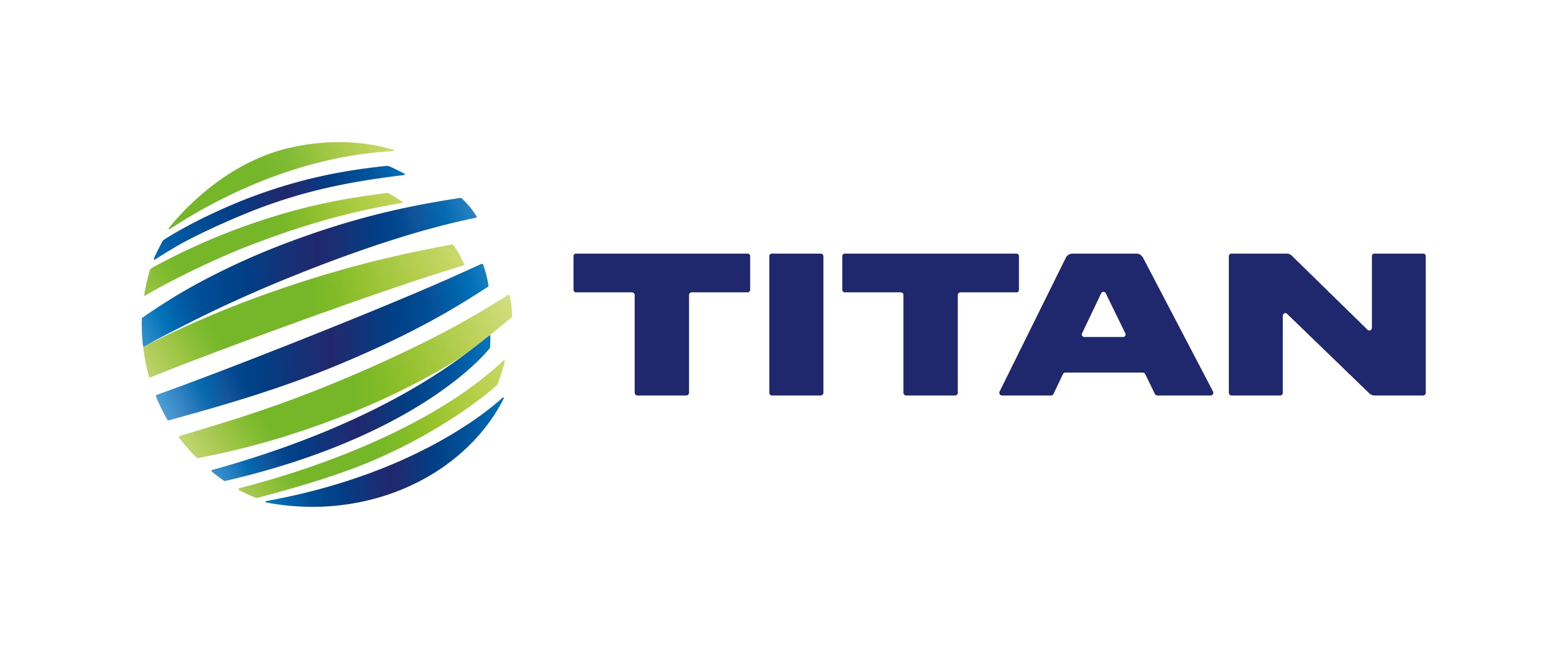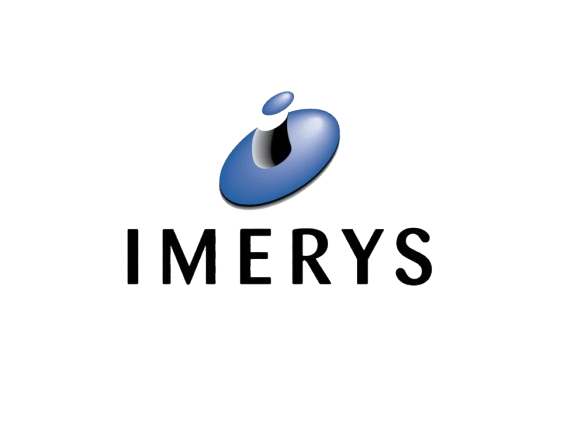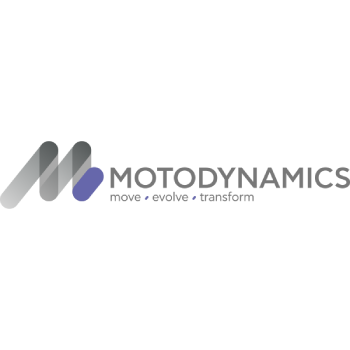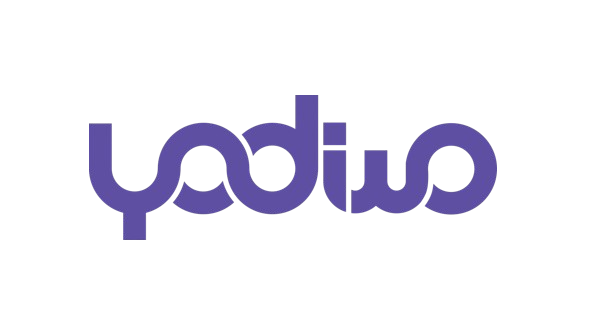Overview of the CSR School
The CSR-School provides advanced training, fully updated and renewed based on all new requirements in the field of Sustainable Development (State of the Art), on how to identify business opportunities related to sustainability and how to integrate responsibility at the core of business strategy in order to achieve sustainable value and and formulate a more resilient organization.
The training program is envisioned as a journey that will cover all major identified areas that relate to the responsible management of sustainability. CSR-School 2024 will take place between 12 November and 21 November on Tuesdays and Thursdays, during which trainees will gain an up-to-date overview of major developments around the largest environmental, social and governance challenges affecting businesses nowadays. This year the CSR-School will be held in Greek and in person at the premises of the American College of Greece, with the possibility of remote connection when absolutely necessary.
During the 4 Days, the participants will attend lectures by distinguished academic faculty members, discuss relevant case studies, learn about best practices that have been implemented by experienced senior professionals and exchange views and thoughts around the incorporation of relevant theory into the CSR initiatives of their own organization.

WHY ATTEND THE CSR SCHOOL
Learn from world-class experts
Work on real-case scenarios
Earn a professional certificate
Accelerate your career
Discover “how-to” through best practices
Join a broad network of professionals
Earn 10 ECTS
Learn from world-class experts
Work on real-case scenarios
Earn a professional certificate
Accelerate your career
Discover “how-to” through best practices
Join a broad network of professionals
Earn 10 ECTS
THEMATIC AREAS OF THE CSR-SCHOOL
Day 1 (12/11/24):
- Intro & Sustainability Strategy
- Stakeholder Management & Materiality Analysis
Day 2 (14/11/24):
- Climate Risks & Environmental Management
- Sustainable Finance & Impact Investing
Day 3 (19/11/24):
- Sustainable Supply Chain Management
- Responsible Human Capital Management
Day 4 (21/11/24):
- Governance & Accountability
- Responsibility-driven Marketing & Communication
Day 5 (22/11/24):
- Closing Event
SCHEDULE
Learning objectives / outcomes:
Contents:
Location: In Person
Learning objectives / outcomes:
Contents:
Location: Hybrid
Location: In Person
Location: Hall 1, Building A , Golden Street , Southafrica
Learning objectives / outcomes:
Contents:
Location: In Person
Learning objectives/ outcomes: Through this session participants will:
Contents:
Location: Online
Scope:
Learning objectives / outcomes
Contents
Location: In Person
Contents:
Location: Hybrid
Learning objectives / outcomes:
Contents:
Location: In Person
Scope:
To identify the links between CSR (or ESG) communications, marketing, and analytics.
Learning objectives/ outcomes:
At the end of this session students should be able to:
Contents:
Location: In Person
Who's Teaching
Expert Professors

Dr. Constantine Manasakis
Associate Professor, Political Science Dpt., University of Crete

Dr. Anne Touboulic
Associate Professor in Operations Management, Deputy Chair, Social Environmental Responsibility Group, PRME Lead, Nottingham University Business School

Dr. Pavlos A. Vlachos
Associate Professor of Marketing, ALBA Graduate Business School, The American College of Greece

Dr. Aristotelis Alexopoulos
Instructor in Management at the School of Business and Economics, The American College of Greece

Dr. Alexandros Antonaras
Associate Professor of Management and Vice President of Student Services, University of Nicosia

Dr. Donato Calace
Senior Vice President, Accounts & Innovation, Datamaran, Member, Expert Working Group on EU Sustainability Reporting Standards, EFRAG
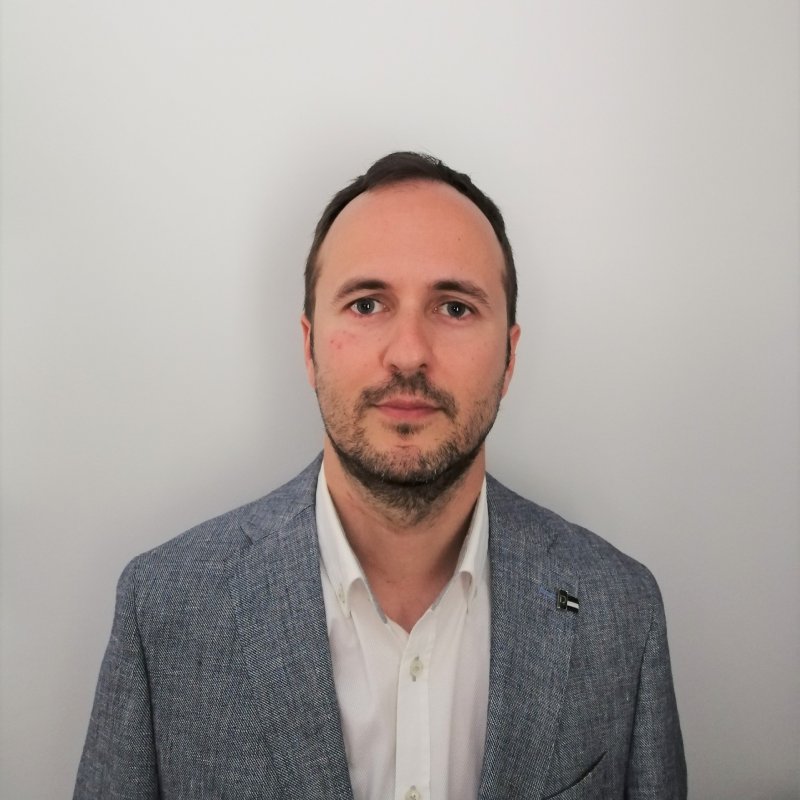
Dr. Giannis Vikas
University Lecturer - Researcher and Freelance Consultant in the fields of Sustainability, Social Economy and Entrepreneurship

Dr. Konstantinos Aravosis
Professor UNESCO Chairholder on Green Innovation and Circular Economy at National Technical University Athens, former Secretary General for Forestry and Environment and Water at Greek Ministry of Environment and Energy
Expert Professionals

Mr. George Petrakis
Mine Rehabilitation Manager, IMERYS GREECE SA

Mr. Alexandros Kostopoulos
Sustainable Development Lead, METLEN

Ms. Angelika Tzemou
BoD Member & Head of HR, Bayer Greece

Mr. Vasilios Coufos
Founder & Managing Partner, CapaEpsilon spPCC
Guests

Ms. Stavroula Aggelopoulou
Sustainability & Corporate Responsibility Director, OTE Group

Ms. Rania Assariotaki
Director, Office of Sustainability, The American College of Greece
Quick Talks with Academics – Podcast Series
REGISTER TODAY!
Secure your spot before tickets sell out.
CSR HELLAS members, CSR Europe members & NPOs members
€ 1050
Regular registration (VAT 24% is not included)
- One professional 1050 euros
- Two professionals 900 euros
- Three or more professionals 800 euros
non-CSR HELLAS members
€ 1300
Regular registration (VAT 24% is not included)
- One professional 1300 euros
- Two professionals 1.150 euros
- Three or more professionals 1.050 euros
Postgraduate students & NGO members
€ 925
Regular registration
- For postgraduate students
- (Master or PhD)












